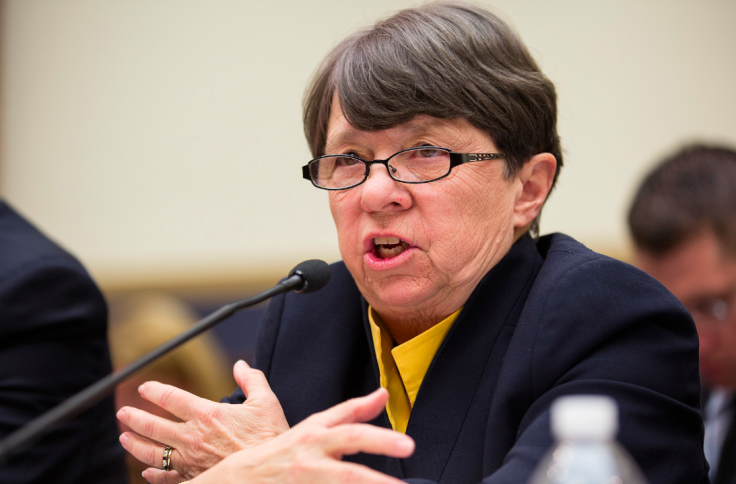Charges Filed Against Financial Executive Days After Obama Adminstration Requests More Regulators To Scrutinize Wall Street

Just days after U.S. Securities and Exchange Commission Chair Mary Jo White detailed a request for new resources to scrutinize Wall Street, her agency announced charges against a partner at a major financial firm for allegedly defrauding private equity investors.
In court filings, the SEC charged Andrew Caspersen, a former managing principal at PJT Partners’ Park Hill unit, with soliciting $95 million worth of investments under “false and misleading” pretenses. Announcing corresponding federal criminal charges, U.S. Attorney Preet Bharara said Caspersen “allegedly scammed his clients into investing tens of millions in sham private equity investments ... [and] allegedly put on a shameful charade — creating fake email addresses, setting up misleading domain names and inventing fictional financiers.”
The case spotlights the shadowy nature of hedge funds, private equity firms and other so-called “alternative investments.” With such investments being far more opaque than traditional stocks and bonds and with major pension funds and university endowments pumping hundreds of billions of dollars of public money into alternatives, the SEC has in recent years sounded the alarm about the potential for fraud. Now, the agency is requesting more regulatory staff after an era that has seen corporate and white-collar prosecutions plummet to record lows.
In testimony before the U.S. Congress last week, SEC Chair White noted there are 38 percent more federally registered investment advisers than there were a decade ago and that those advisers now oversee more than $70 trillion of investor cash, up from $28 trillion 10 years ago. She said the agency needs “significant additional resources” to hire 127 additional examiners “primarily to conduct additional examinations” of the more than 12,500 investment advisers expected to be registered with the SEC by 2017.
Examinations that the SEC recently completed underscore what regulators say are significant concerns. In 2014, a top agency official reported that in reviewing the fees that private equity firms charge their investors, regulators “identified what we believe are violations of law or material weaknesses in controls over 50 percent of the time.” Within a year, the agency sanctioned private equity giants Blackstone and KKR for allegedly charging their investors improper fees. The former firm was until late 2015 the parent company of Park Hill, where Caspersen worked until this year.
A press release from Park Hill’s new parent company, PJT Partners, said the firm is “stunned and outraged to learn of the fraudulent circumvention and violation of the firm compliance policies and ethical standards” and said its own internal investigation brought the allegations to federal officials. Caspersen’s lawyer did not comment to multiple news organizations.
© Copyright IBTimes 2024. All rights reserved.






















